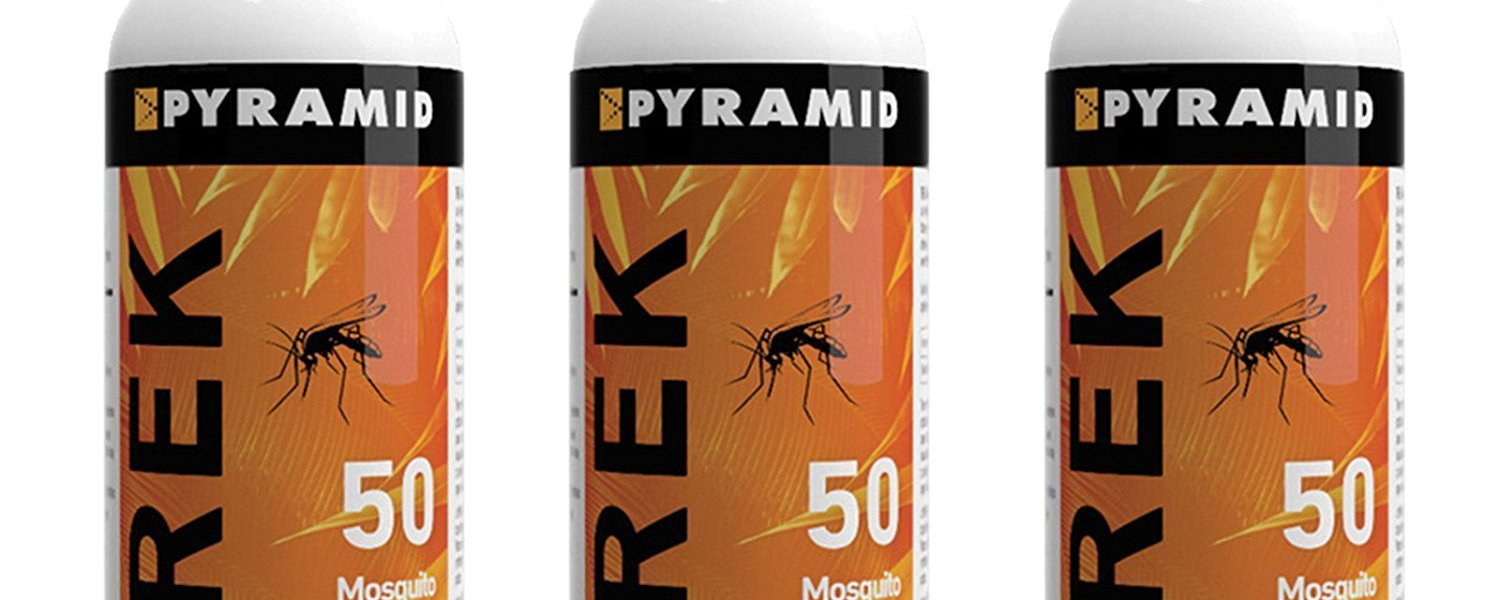When it comes to protecting yourself from mosquitoes and other biting insects, DEET spray is one of the most trusted and widely used repellents in the world. Whether you’re heading into the woods for a camping trip, traveling to a tropical country, or simply enjoying your backyard, DEET-based insect repellent can be an essential tool in safeguarding yourself against bites that can lead to diseases like malaria, dengue, Zika, and Lyme disease.
How Does DEET Work?
DEET doesn’t kill insects but rather creates a barrier on your skin that makes it hard for insects to locate and land on you. Mosquitoes and other biting insects rely on detecting carbon dioxide and skin chemicals like lactic acid to find their prey. DEET interferes with these receptors, making it difficult for insects to recognize you as a food source.
Why Is DEET So Popular?
DEET has been extensively studied and has proven to be highly effective against a broad spectrum of biting insects, including mosquitoes, ticks, fleas, and flies. Here are some reasons why DEET is preferred:
Long-lasting protection: DEET spray can provide protection for several hours, depending on the concentration.
Widely available: DEET is found in many different repellent products, from sprays and lotions to wipes.
Effectiveness against disease-carrying insects: DEET is recommended by health organizations like the CDC and WHO for protection against mosquito-borne illnesses.
Understanding DEET Concentration Levels
DEET products come in various concentrations, ranging from 5% to 100%. The concentration level directly affects how long the repellent lasts.
Is DEET Safe?
One of the most frequently asked questions about DEET is regarding its safety. The safety of DEET has been extensively studied over the years, and it is considered safe when used as directed. The Environmental Protection Agency EPA has classified DEET as “safe for use” by adults, children over 2 months, and even pregnant and breastfeeding women.
However, like all chemicals, DEET should be used with caution:
Follow the instructions on the label: Always use the product as recommended.
Avoid overapplication: Only apply enough to cover exposed skin.
Do not apply on cuts or irritated skin: DEET can cause irritation if applied to broken skin.
Avoid contact with eyes and mouth: DEET can cause eye irritation and should not be ingested.
Wash off after returning indoors: Once you no longer need protection, it’s best to wash DEET off with soap and water.
Common Myths About DEET
There are several misconceptions about DEET that often circulate online. Let’s debunk some of these myths:
DEET is toxic and harmful: While DEET can be toxic if ingested or misused, studies have shown that it is generally safe when used correctly. Reports of serious adverse reactions are extremely rare.
Natural repellents are just as effective as DEET: While some natural repellents, like oil of lemon eucalyptus, can offer decent protection, they generally do not last as long as DEET-based products. DEET remains the gold standard for long-lasting effectiveness.
DEET can damage clothing and gear: This is partially true. DEET can break down certain plastics, synthetic fabrics, and watch crystals, so it’s best to apply it only on skin or cotton clothing.
How to Apply DEET Spray Effectively
To get the most out of your DEET spray, proper application is key:
Read the label: Different products may have different instructions, so always check the label first.
Apply sparingly: Use just enough to cover exposed skin. You don’t need to saturate the area.
Don’t spray directly on the face: Spray into your hands first and then apply to your face, avoiding eyes and mouth.
Reapply as needed: If you’re sweating heavily or swimming, you may need to reapply more frequently.
DEET vs. Other Insect Repellents
With various options available, many people wonder how DEET compares to other repellents like Picaridin, oil of lemon eucalyptus, and permethrin. Here’s a quick comparison:
Picaridin: A synthetic repellent that’s almost as effective as DEET, but less greasy and doesn’t have the characteristic odor. It’s a good alternative for people with sensitive skin.
Oil of Lemon Eucalyptus OLE: A plant-based repellent that provides protection similar to low-concentration DEET. However, it doesn’t last as long.
Permethrin: Unlike DEET, permethrin is not applied to skin but is instead used to treat clothing and gear. It’s highly effective against ticks.
FAQs
What is DEET Spray?
DEET spray is an insect repellent that contains the active ingredient DEET, which is effective in repelling mosquitoes, ticks, fleas, and other biting insects. It is commonly used to prevent bites that can transmit diseases like malaria, dengue, Zika, and Lyme disease.
How Does DEET Work?
DEET works by masking the human scent that attracts mosquitoes and other insects. It interferes with the insects’ ability to detect the chemicals that attract them to humans, effectively keeping them away.
Is DEET Spray Safe to Use?
When used as directed, DEET is considered safe for adults and children over 2 months of age. Regulatory bodies like the CDC and EPA have approved its use, but it’s important to follow instructions and avoid excessive application, particularly on sensitive skin or near the eyes and mouth.
What Percentage of DEET Should I Use?
DEET sprays come in varying concentrations, typically ranging from 10% to 100%. Lower concentrations 10%-30% are suitable for short outdoor activities, while higher concentrations 50% and above offer protection for extended periods. The effectiveness is generally similar across concentrations; the difference lies in how long the protection lasts.
Conclusion
DEET spray remains one of the most effective ways to protect yourself from mosquito and insect bites, especially in areas where mosquito-borne diseases are prevalent. Its long history of use, extensive research backing its safety, and widespread availability make it a go-to choice for many. While there are alternatives available, DEET continues to offer the most reliable, long-lasting protection. Just remember to use it according to the instructions, and you can enjoy the outdoors without worrying about pesky bites.
To read more, Click Here .




